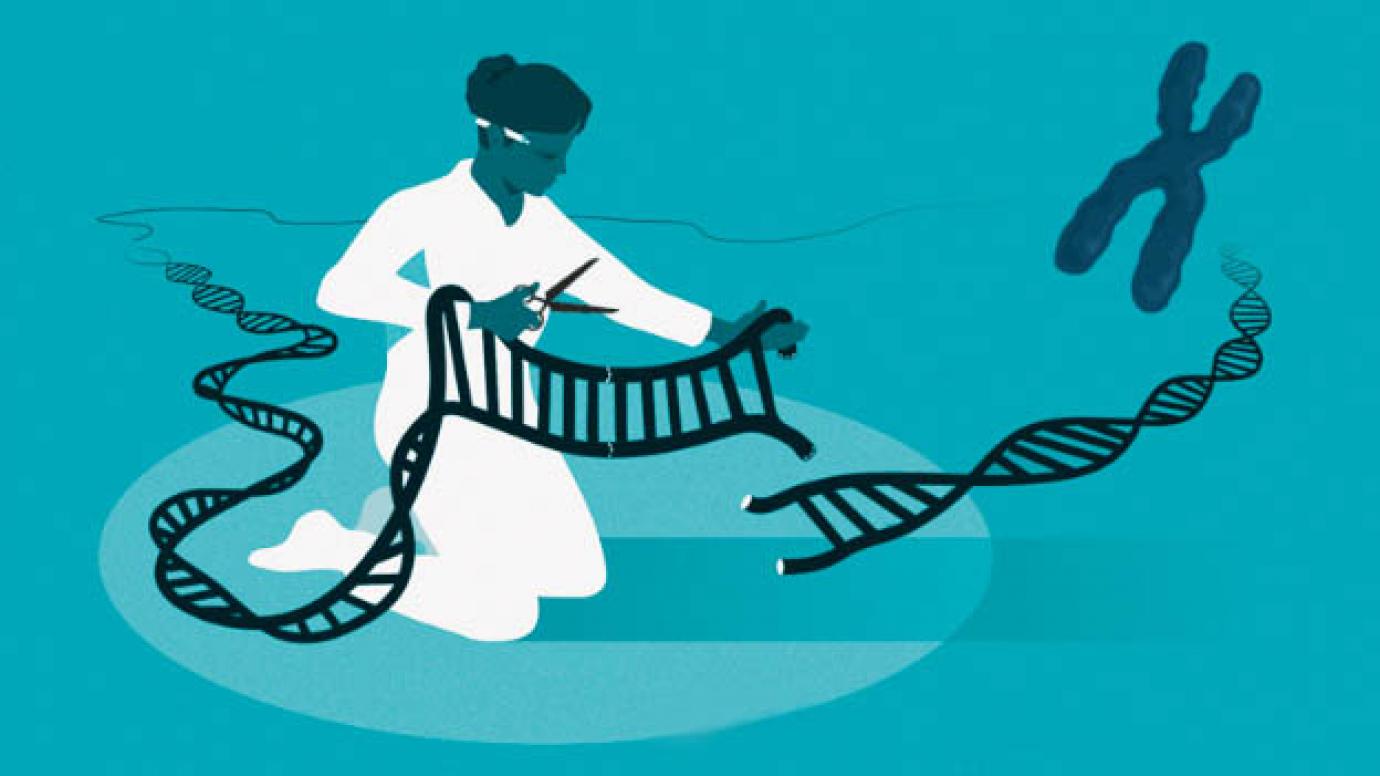Former MSCA fellow awarded Nobel Prize in Chemistry

On 7 October 2020, the Royal Swedish Academy of Science awarded the Nobel Prize in Chemistry to Emmanuelle Charpentier and Jennifer A. Doudna ‘for the development of a method for genome editing’.
Both scientists discovered the so-called discovered the so-called CRISPR/Cas9 ‘genetic scissors’, a revolutionary method that allows scientists to edit the genome (DNA) of living beings with high precision. The discovery could have an enormous impact, advancing research of new, ground-breaking medical procedures. These include the treatment of inherited diseases, as well as many other applications in the life sciences.
Dr Charpentier is a former MSCA fellow and principal investigator involved in the training of young researchers in the field of genomics in the MSCA project ENLIGHT-TEN ITN.
The MSCA and the Nobel Prize
The MSCA has offered numerous scientists the opportunity to advance both their research and careers. A number of MSCA researchers have had the chance to work side by side with Nobel Prize laureates. Several have themselves been honoured with the prestigious award, highlighting their extraordinary contributions to the scientific community.
2013
- James Rothman (Yale School of Medicine) was a supervisor in the MSCA project BFLDs. He received the Nobel Prize in Physiology and Medicine alongside Randy W. Schekman and Thomas C. Südhof ‘for their discoveries of machinery regulating vesicle traffic, a major transport system in our cells’.
2014
- Jean Tirole (Toulouse School of Economics) was a supervisor of the MSCA project MASIEGE. He received the Sveriges Riksbank Prize in Economic Sciences in Memory of Alfred Nobel ‘for his analysis of market power and regulation’.
- Stefan W. Hell (Max Planck Institute for Biophysical Chemistry in Göttingen , German Cancer Research Centre in Heidelberg) was an MSCA fellow at the University of Turku in 1996-1997. He then coordinated several MSCA Individual Fellowships prior to receiving the Nobel Prize in Chemistry along with Eric Betzig and William E. Moerner ‘for the development of super-resolved fluorescence microscopy’.
- Edvard I. Moser and May-Britt Moser (Norwegian University of Science and Technology, Trondheim) are former MSCA project coordinators. The two Norwegians received a Nobel Prize in Medicine and Physiology alongside John O’Keefe ‘for their discoveries of cells that constitute a positioning system in the brain’.
2015
- Takaaki Kajita (University of Tokyo) was involved in a Marie Skłodowska-Curie Actions project as a participant. The Japanese researcher has participated in several MSCA projects promoting international collaboration, such as ELITES, SKPLUS and InvisiblesPlus. He received his Nobel Prize in Physics ‘for the discovery of neutrino oscillations, which shows that neutrinos have mass’.
2016
- Bernard Feringa (University of Groningen) was scientist in charge and supervisor of several MSCA projects such as ALERT. Jean-Pierre Sauvage (University of Strasbourg) was supervisor for the MSCA projects NANO-PRESSES and FEMOS. Ferringa and Sauvage received the Nobel Prize in Chemistry along with J. Fraser Stoddart ‘for the design and synthesis of molecular machines’.
2017
- The MSCA project GraWIToN involved nine Marie Skłodowska-Curie Actions fellows who contributed to the preparation of the data on gravitational waves. Their work led to a Nobel Prize in Physics to Rainer Weiss, Barry C. Barish and Kip S. Thorne ‘for their decisive contributions to the LIGO detector and the observation of gravitational waves’.
- Richard Henderson (Medical Research Council), coordinator of the MSCA project Membrane Proteases, received the Nobel Prize in Chemistry along with Jacques Dubochet and Joachim Frank ‘for developing cryo-electron microscopy for the high-resolution structure determination of biomolecules in solution’.
Last updated:


